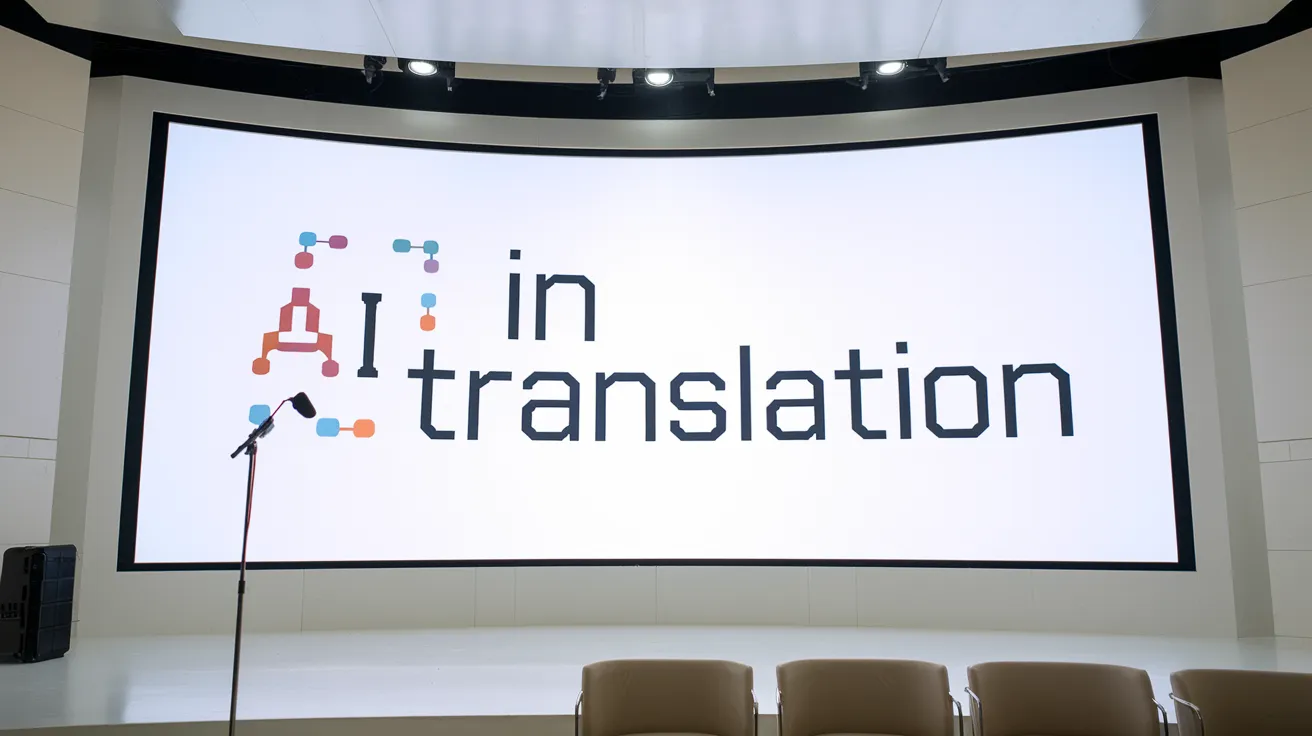Can AI Replace Translators?

The landscape of translation is evolving with the advent of artificial intelligence (AI), as evidenced by Dutch publisher Veen Bosch & Keuning’s recent announcement to utilize AI for translating commercial fiction. While the utility of AI in practical scenarios, such as translating restaurant menus, is widely acknowledged, the application of machine learning in literary translation has drawn significant criticism from authors and translators alike. Concerns revolve around the craftsmanship and cultural context that translators bring to their work, which AI may overlook or misinterpret.
Michele Hutchison, an award-winning translator, underscores the multifaceted role of the translator: “A translator translates more than just words; we build bridges between cultures, taking into account the target readership every step of the way.” Hutchison highlights that translations involve conveying nuances such as rhythm, poetry, and metaphors, which are essential for preserving the integrity of the original work. The fear among literary professionals is that AI will fail to grasp these subtleties and produce text that requires extensive human editing anyway.
The notion that AI can effectively handle translation has been tested and found wanting, particularly regarding cultural sensitivity. Juno Dawson, author of Her Majesty’s Royal Coven, recalls an incident where an outdated term was used in a French edition of her book. The ability to adapt and employ appropriate terminology is a skill that AI struggles with, which raises doubts about its effectiveness in literary contexts where precision is paramount.
Despite these concerns, there are instances where AI-assisted translation could potentially amplify the reach of writers, particularly those working in underrepresented languages. By providing translations of cultural works into more widely spoken languages, AI could help authors gain visibility among broader audiences. Additionally, in the realm of video game development, AI translation could alleviate localization costs for independent creators, enabling them to make their products accessible to diverse gaming communities.
Dr. Jack Ratcliffe, CEO of Noun Town, a mixed-reality language learning game, emphasizes the limitations of AI translation. He notes that while simplistic gaming text may be machine-translated with acceptable results, the complexity of dialogue in-character interactions poses significant challenges. Testing with languages other than English often led to poorly structured translations, reflecting the nuances AI is likely to miss or misinterpret.
The industry’s reaction to AI in translation reveals a clear divide between its utilitarian function and the craft of translation. While there is little pushback against using AI for basic word meaning—similar to a dictionary—translators argue for the recognition of their artistic contributions. Hutchison even states, “I’ve started adding a line ‘hand-crafted without the use of generative AI’ to my translations,” underscoring the value of meticulous human effort in a world increasingly driven by automation.
In conclusion, while AI continues to evolve and may serve as useful tools for simple translation tasks, the complexities of literary translation present critical challenges that machine models have yet to overcome. The industry must navigate the balance between leveraging AI capabilities and preserving the artistry, nuance, and cultural sensitivities inherent in the craft of translation.